Inside the mind of Australia’s first deradicalised inmate Mazen Touma
Fifteen years ago, a young Mazen Touma was arrested in Australia’s largest counter-terrorism investigation, Operation Pendennis. Today he has been hailed a success story after being deradicalised inside jail.
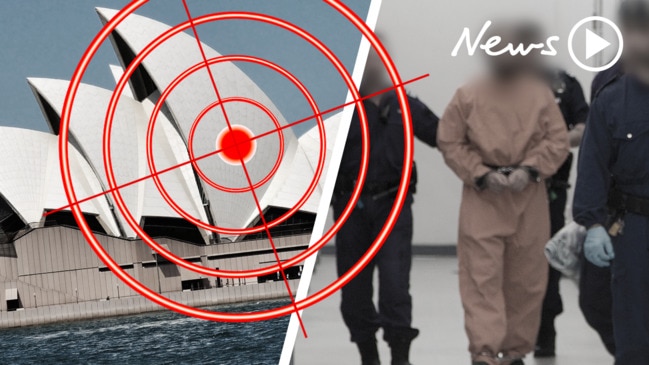
True Crime
Don't miss out on the headlines from True Crime. Followed categories will be added to My News.
He was convicted over Australia’s biggest terrorism plot but now Mazen Touma is out of Supermax jail and renovating mansions in Sydney’s most exclusive suburbs.
The 37-year-old was Australia’s first terrorism inmate to deradicalise in jail and law enforcement holds him up as the poster child for the contentious issue of terrorist rehabilitation.
But Touma, a father-of-two and tradesman, doesn’t want to be anyone’s pin-up boy.
“You know, I look at my life in a funny way,” he told The Sunday Telegraph.
“Like a soldier who hung up his boots. It was just time to move on.”
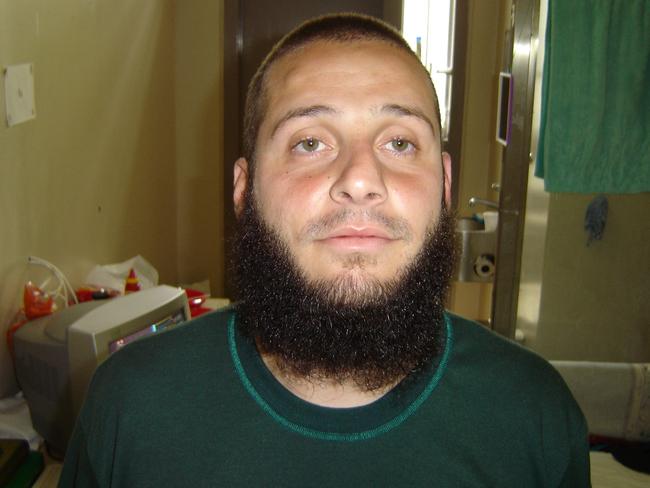
Counter-terror cop who helped turn radical inmate Mazen Touma around
PRISM deradicalisation program in prison works, academics say
Terrorism in Australia: Where are the Pendennis Nine now?
He made that decision inside Supermax prison after being locked up for sourcing ammunition and explosives for a terrorist cell, known as the Pendennis Nine, intent on carrying out attacks in Sydney and Melbourne.
MORE FROM AVA BENNY-MORRISON:
‘We can’t cancel’: Sydney NYE fireworks to go ahead
Dr Punter: Inside the mind of nation’s biggest horse gambler
Other cell members were convicted over the planning an attack but Touma claimed he had “no ambition to do anything in this country”.
Rather, after September 11 when anti-Muslim sentiment divided Australia, Touma was swept up in the emotion and believed his obligation was to defend Islam against its enemies by fighting overseas.
“It didn’t matter to me, I was ready to go to jail, to die,” he said.
“I was emotionally detached from the world. I went to work like a zombie and I had tunnel vision and nothing else.
“Not my mum, my kids, nothing. It was just that.”

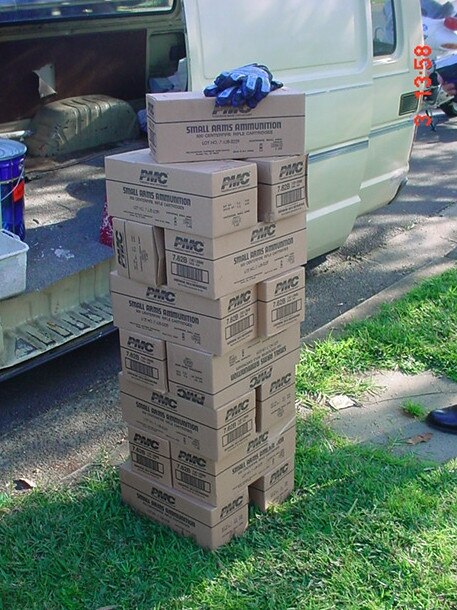
In 2008 he was jailed for a maximum of 14 years jail for supplying ammunition and explosives in preparation for acts of terrorism. He served 12 years before former Attorney-General George Brandis granted him parole in 2017.
While other members of the Pendennis terror cell still hold on to radical ideologies that will keep them in maximum security jail for years to come, authorities say Touma became a model prisoner and a deradicalisation success story.
Law enforcement agencies have turned to him for advice on how to tackle radicalisation, even asking him to speak to a room of police officers at a counter terrorism conference — his strict parole conditions prevented him from travelling interstate.

In a vote of confidence, NSW’s prison boss Peter Severin says his staff have also learned from Touma’s success.
Regardless of his redemption story, Touma, who finished parole in November, prefers to keep a low profile.
He has two priorities – his business and his sons – and says he regrets the choices that put him in jail.
“I have moved on but I believe I did make the wrong decisions,” he said.
“I haven’t given up on my religion … but I believe I chose the wrong path. I’m no longer on that path in life.”
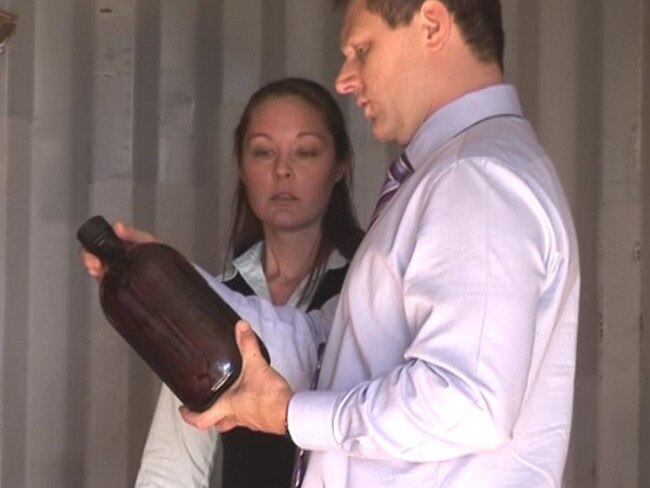
Touma, who migrated to Australia from Lebanon as a child, was raised in a Muslim family that was not deeply religious.
In his teens a neighbour invited him to Lakemba mosque but he developed radical views after September 11, 2001.
Like many Muslims in that period, Touma was the target of abuse, including by non-Muslim colleagues who labelled him a terrorist and Osama bin Laden.
At the mosque, the perceived persecution of Muslims dominated political arguments about global affairs and the west.
The narrative peddled was that Islam around the world was under threat and men like Touma had an obligation to defend it.
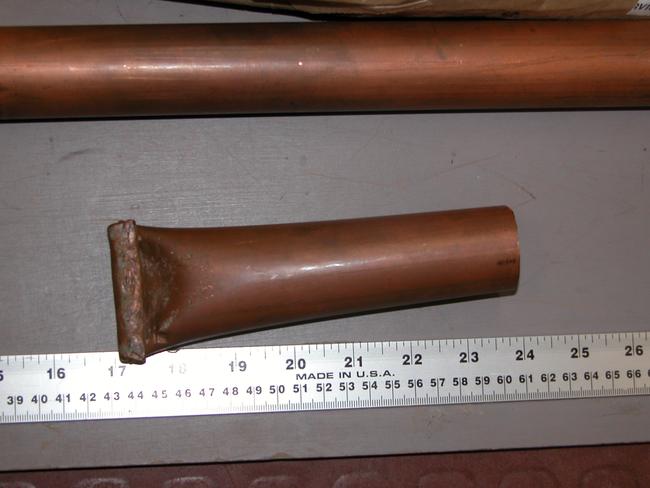
When police raided his home in November 2005, they found extremist literature and a VHS video labelled Sheikh Osama’s Training Course.
As Touma explained it, he wanted to fight overseas, maybe Afghanistan, maybe Eastern Europe, in defence of Islam. Court documents showed he started collecting items that would be useful in war including ammunition.
A relative introduced him to the men who would eventually become key figures in the Pendennis terror cell.
By mid-2005, counter terrorism investigators were listening to Touma talk on the phone about violent jihad and Osama bin Laden.
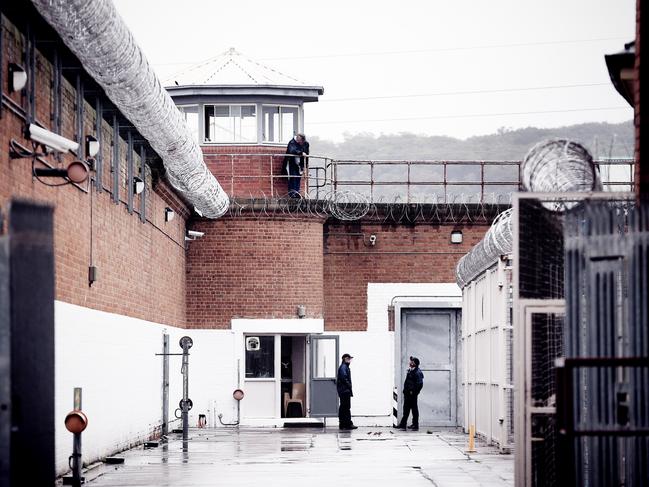
Unlike other terrorism offenders who were criminals before they were extremists, the only mark Touma had on his record pre-2005 was for a minor assault.
Thrown into Supermax prison after one of the biggest terrorism operations in history, which saw nine radicalised Sydney men convicted, Touma said his views and priorities shifted.
“Things change, people change, sheiks change,” he said.
“The wars in Chechnya were not as bad, Afghanistan died out, Iraq died out and there was no ambition to take that path.”
Despite being held in a pressure cooker environment with radicalised inmates, Touma’s own extreme beliefs made way to an ambition to get out jail and live a normal life.
Corrective Services Commissioner Peter Severin said while “we would have contributed to that, ultimately he made those decisions himself”.
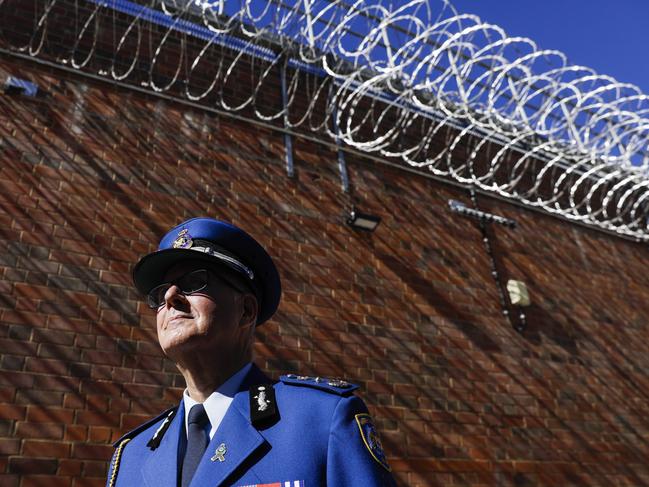
For the first 10 years of his sentence, there was no prison deradicalisation program in NSW.
People familiar with Touma’s reform agreed that his family played a huge part in his transformation.
“He did some really good work and he was recognised for that and he got some positive encouragement,” Mr Severin said.
“We are not talking about him being treated any differently.
“We being the system had a very close eye on him and continued to do so quite openly and it worked.
“Touma’s case is one where we would’ve learned something ourselves and we can see this is an approach that can make a difference in somebody’s life.”
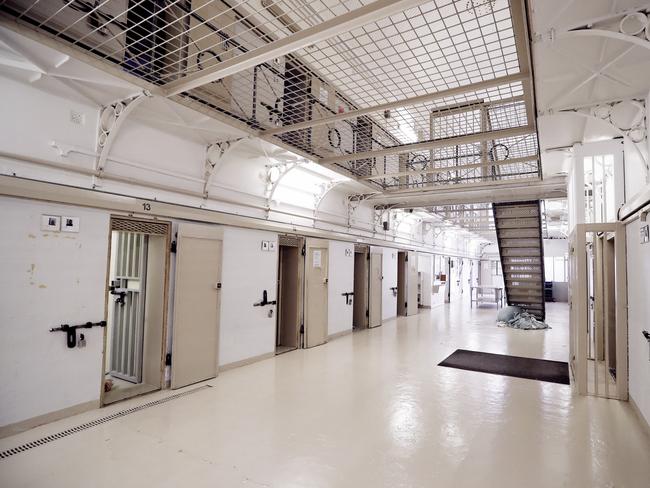
But the approach doesn’t work for everyone.
Mr Severin said there were quite a number of heavily radicalised, extreme high risk classified inmates who were tightly managed.
If inmates weren’t willing to swear off those beliefs, Mr Severin stressed, then prison authorities weren’t going to waste time trying to help them do so.
There are currently 34 terrorism offenders, including seven on remand, in NSW.
Once prison authorities believed Touma had changed, he was given the opportunity to gradually move from the harsh surrounds of Supermax to minimum security to work release.
It wasn’t until 2015 that Corrective Services introduced the Proactive Integrated Support Model (PRISM) program, which targeted terrorism offenders or inmates at risk of radicalisation.
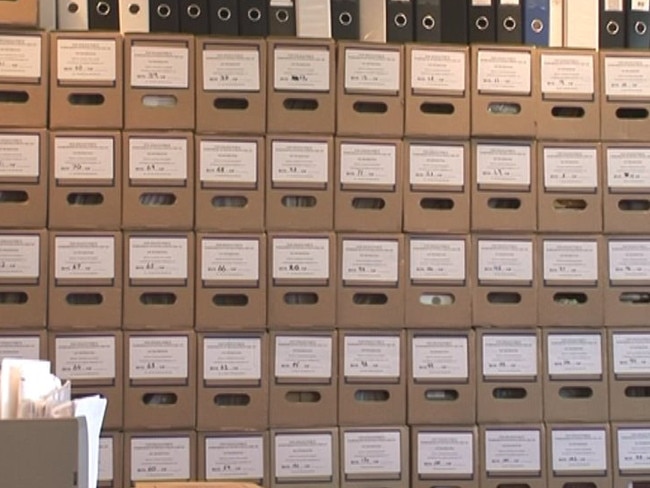
The voluntary program involves using psychologists, Muslim chaplains and case workers to figure out how an inmate can disengage from his or her extreme views.
That might involve pairing them with moderate sheikhs, sitting in a room to discuss Islam, teaching them how to withstand the influence of hard line inmates who might want to radicalise them or reconnecting them with family members.
Touma was the first inmate in NSW to sign up.
However he said he skipped the first few program modules because his views had well and truly changed by then.
He was encouraged to take part in PRISM to help with his parole prospects, he said, but warned the program was not a silver bullet.
“No program can change someone unless the person wants to change,” he said.
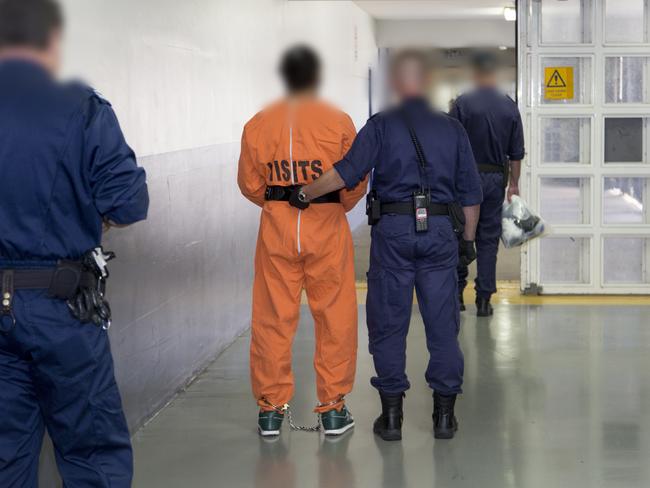
Touma puts more emphasis on giving terrorism offenders who have shown sincere efforts to reform, a chance.
“I’m saying if their time comes and they have done nothing wrong, give them that chance,” he said.
“You’re dealing with something that could spread and it is a national security issue.
“The treatment of these inmates affects the attitudes of family members on the outside. I believe the hard line approach they are currently taking is not working.
“I am willing to sit down and give that advice to whoever it is. How do we make this country a better place and make these guys move on with their lives?
“I am not saying don’t take precautions.
“But let’s start having the conversation that if someone has done the right thing, then give him a fair go.”
Touma got his from former Dawn De Loas prison governor Tracey Mannix.
Touma’s C3 classification meant he should’ve been able to work outside the minimum security prison gates but his status as a terrorism offender hung over his head.
He’d been told that he couldn’t paint the outside of the jail in case he was recognised by a member of the public and ended up in the media.
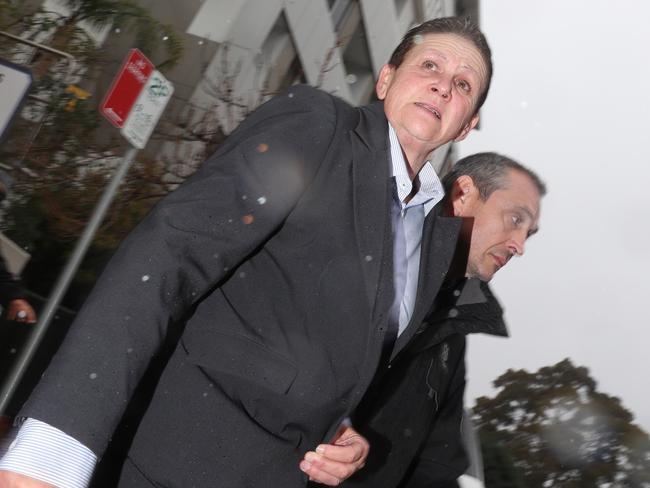
But for the first time in his “jail life”, Mrs Mannix gave him the opportunity to prove himself.
“She called me into her office and said ‘I am going to give you that trust … don’t f*ck around in my jail’,” he said.
During an interview with The Sunday Telegraph in between work and his son’s sports training, Touma became emotional when he recounted this story.
“If I didn’t get out and work outside, I would’ve been knocked back for parole,” he said.
“I’m here today because of her.”
By the time Touma was released, he had painted most of the Dawn de Loas and Mary Wade Correctional Centres, including the governor’s quarters.
For parole, he had to wear an electronic monitoring bracelet 24 hours a day and have his daily schedule, from the route he drove to work to the job he attended, signed off by his parole officer.
If a criminal lived in the street over, his parole officer could tell Touma to knock back the job.
“I don’t know how I didn’t fail to be honest,” he said.
“My parole officer said I must have the patience of a saint.”
Originally published as Inside the mind of Australia’s first deradicalised inmate Mazen Touma

